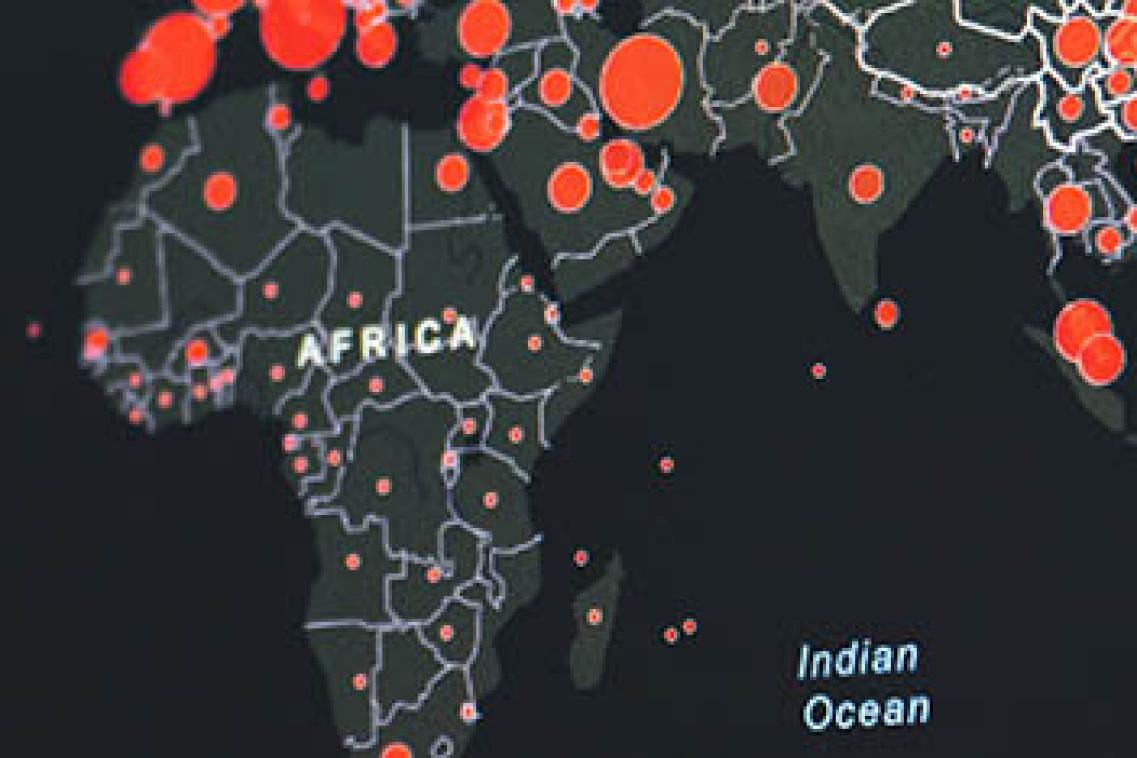
International development
Our work on international development studies labour markets, infrastructure, health and education systems and public finances in low and middle income countries. We use field experiments, survey and administrative data and theory to examine the effects of policies on individuals and firms as well as on aggregate outcomes.
Focus on
Showing 101 – 120 of 395 results




















